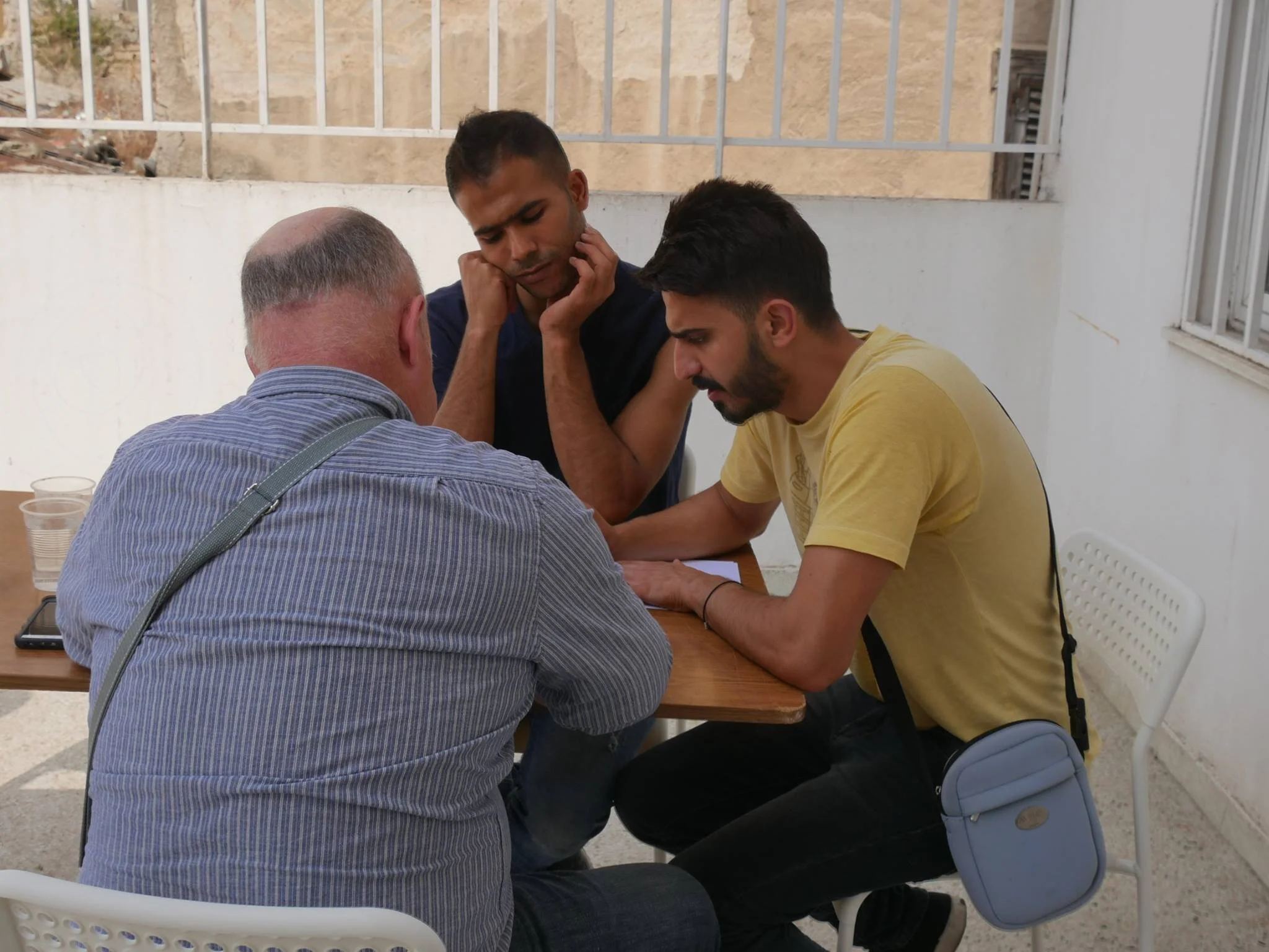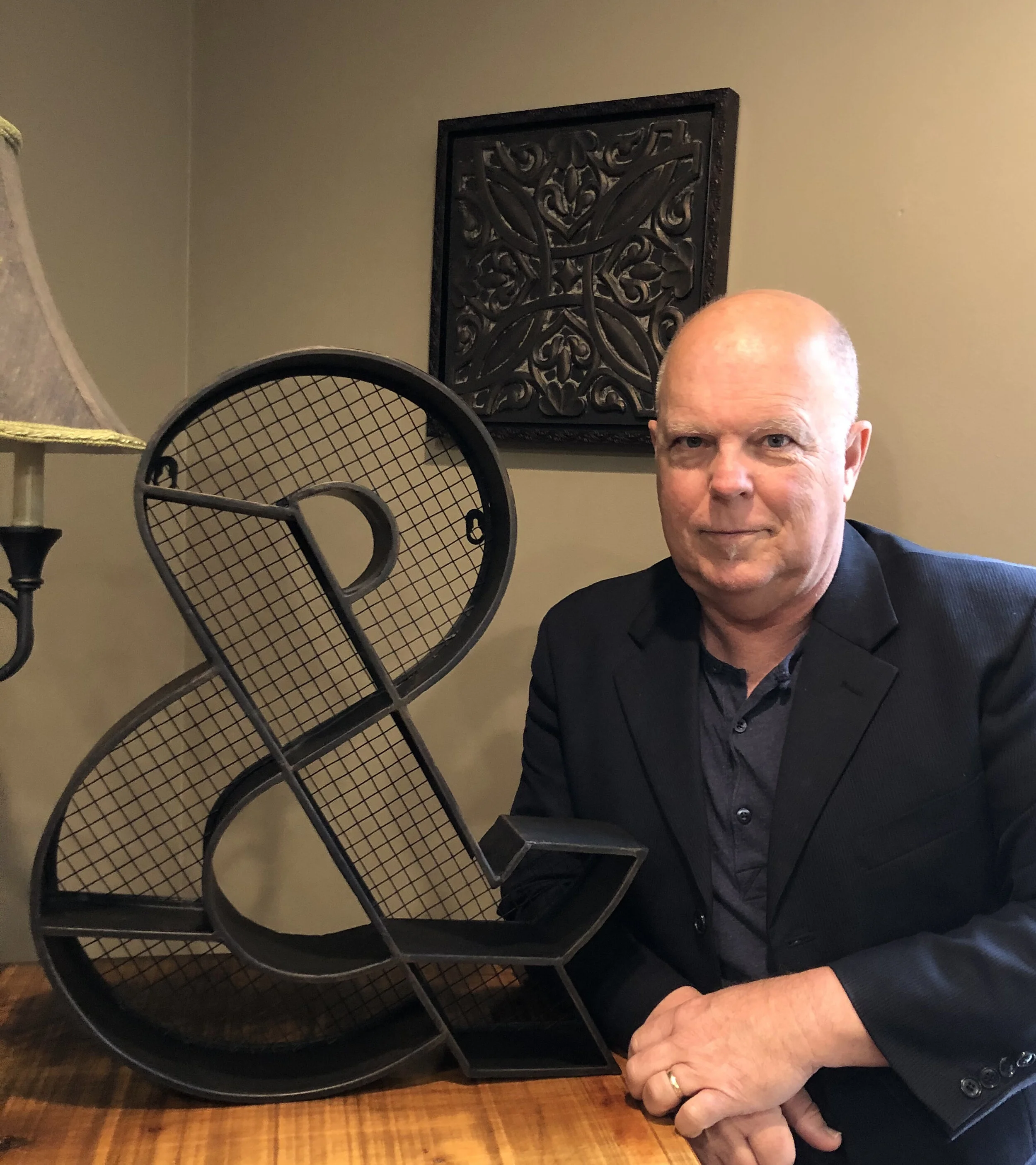If you read last week's edition of the Wayfarer, you know my perspective on the need to come together as a nation to begin the healing process. I've been accused in the past of being an idealist; believe me, I have enough years of experience in the real world to have had plenty of time to yield to cycnism from time to time, so I'm no Utopian.
After a long and bitter election season in the U.S., there is a concept from Africa that comes to mind. It's called ubuntu. As Archbishop Desmond Tutu of South Africa said, "Ubuntu speaks of the very essence of being human.... Then you are generous, you are hospitable, you are friendly and caring and compassionate.... It is to say, 'My humanity is caught up, is inextricably bound up, in yours.'"
Other summarize ubuntu as concisely as this:
"I am because we are."
Kind of flies in the face of American individualism, doesn't it! Sociologists generally agree that American culture is the most individualistic in the world. I am conditioned from childhood to follow MY dreams and pursue MY own success. When asked what we want our lives to look like, other people often don't even enter the equation. Thanks in large part to the Enlightenment and the whole series of revolutions that ensued, we are laser focused on individual rights and freedoms.
In most African cultures, what I do is directly connected not just to my own desires and dreams, but to who we are. In other words, my good flows from the common good.
The common good. Seems to me a phrase largely absent from much of our rhetoric these days.
I'm not suggesting that we all pick up, move to the country and form rural villages and call everyone in the village "Auntie" or "Uncle", as is often the case in Africa; I just can't help wondering if ubuntu isn't a part of the healing we so badly need to move forward.
A few years back I interviewed a brilliant Zambian doctor of infectious diseases whom I met here in Nashville. I asked him to explain how ubuntu is lived out in his home country. You can listen to that interview here.
How can you and I put ubuntu into practice? Is there a (greater) place for the common good?



















